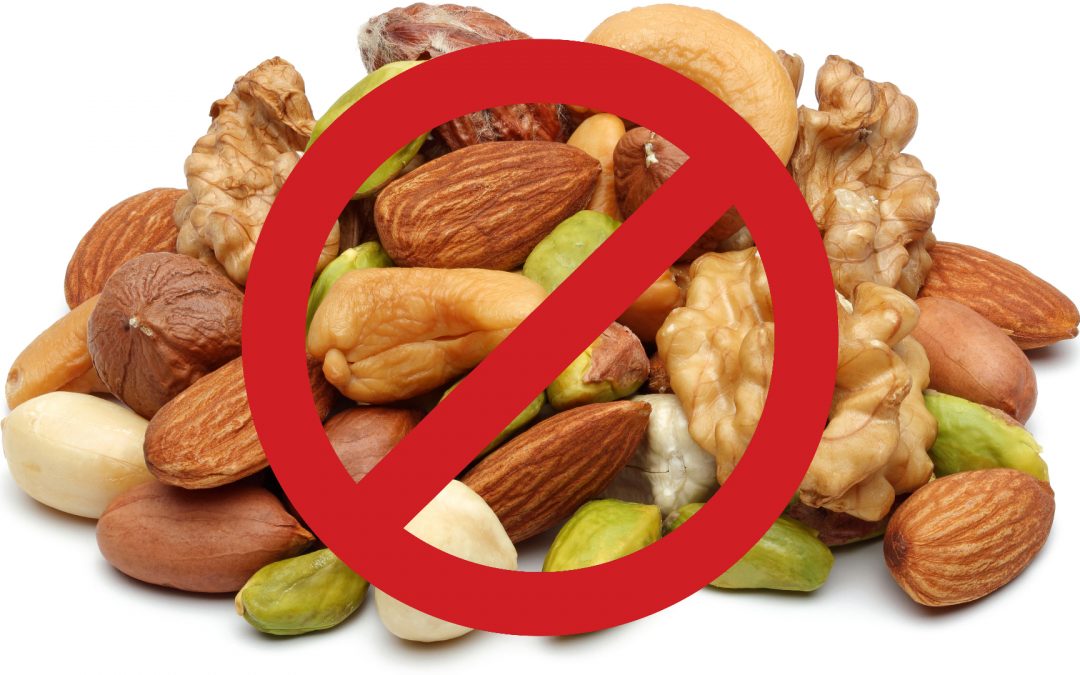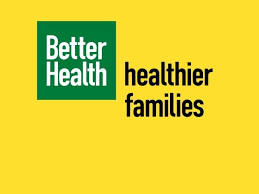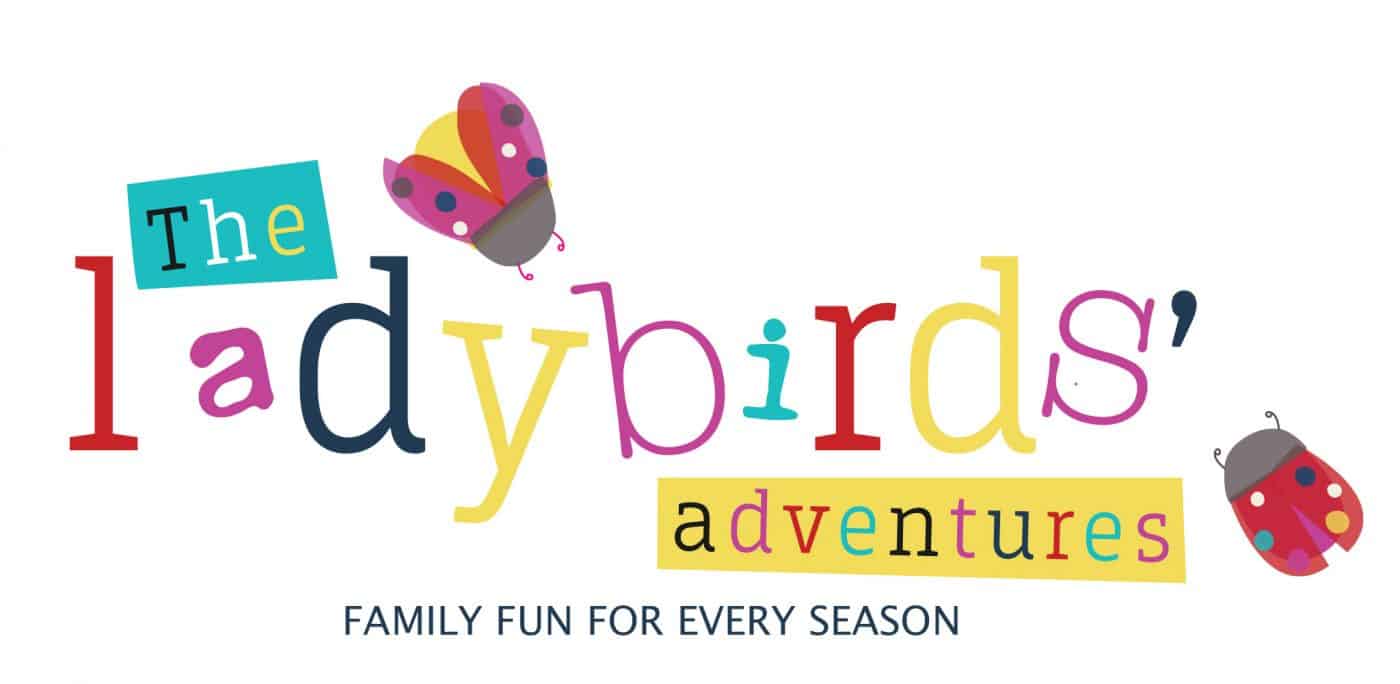Start the morning with breakfast
Did you know that starting off the day with a good breakfast can help your child perform better in class? A good breakfast can give your child's brain the fuel it needs to function better, and it can also help their mood. Not only will this make them a great learner, it can also help them to be more focused and engaged!
Snacks
Healthy snacks are an essential part of a child's diet. Childhood is a critical time for growth and development, and snacks provide essential nutrients, that they need between meals. This means they should have a nutritious mid-morning and after-school snack. We encourage parents to provide their children with a piece of fruit or some vegetables for them to have at breaktime.
Lunches
A balanced packed lunch should contain:
Fruit and vegetables
Fruit and vegetables provide lots of vitamins and minerals which are important for fighting off illnesses; they also contain fibre which contributes to healthy bowel movements. Fruit and vegetables can be included as part of a meal, chopped up and as a snack or as fruit juice or smoothies. You should aim to give your child at least 5 portions of fruit and vegetables every day. Fruit and vegetables can also help our skin and prevent spots! A child's portion is equal to:
- 1 medium sized banana, apple, orange or peach
- 2 small fruits e.g. plums, apricots, satsumas
- a handful of grapes, cherries, strawberries
- 3 tablespoons of cooked vegetables or fruit
- small salad
Cereals, potatoes, rice and pasta
These are all carbohydrate foods which give provide slow release energy. Everyone should try and eat higher fibre types of bread and pasta such as wholemeal and granary bread, whole wheat pasta and brown rice. You should aim to provide a carbohydrate source at each meal time plus sometimes as snacks in between meals too.
Meat, fish and alternatives
These are all protein foods which are important for helping your child to grow and repair muscles. Try and include a variety of different protein containing foods such as lean meats, fish, baked beans, eggs, seeds, pulses, peas and lentils. You should aim to give your child a portion of protein at least twice a day.
Milk and dairy foods
These are all calcium containing foods and are important in your child's diet to support bone and teeth development. You should aim to provide your child with dairy foods three times a day. Soya products which are calcium enriched are suitable alternatives if they cannot tolerate or do not wish to eat dairy products.
Drinks
Please provide your child with a bottle of water for school each day.
Packed lunches should not contain:
- Nuts.
- Crisps.
- Confectionery such as chocolate bars, chocolate-coated biscuits and sweets.
- Cakes.
- Biscuits.
- Highly processed meat products such as sausage rolls, individual pies, corned meat.




